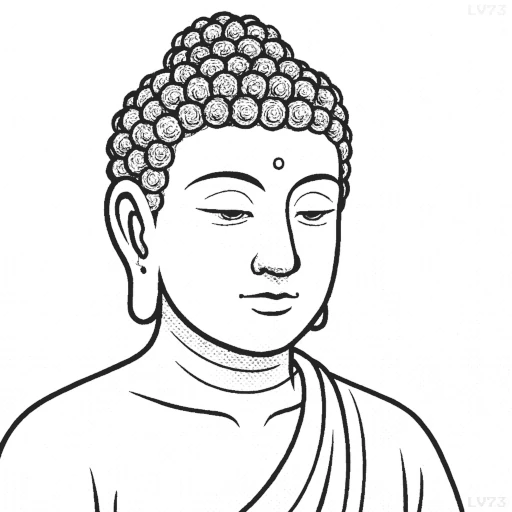“It is a man’s own mind, not his enemy or foe, that lures him to evil ways.”

- 7th century BC to 5th century BC
- Indian
- Religious leader, thinker
table of contents
Quote
“It is a man’s own mind, not his enemy or foe, that lures him to evil ways.”
Explanation
This quote highlights the power of the mind in determining one’s actions and behaviors. It suggests that the root of wrongdoing or immoral actions lies not in external forces or enemies, but in the individual’s own thoughts, desires, and attachments. Our mind, when influenced by negative emotions such as greed, anger, or ignorance, can lead us down harmful paths. Even though external circumstances or people may trigger negative responses, it is ultimately our mental state and our choices that shape our actions. The mind, unchecked, can lure us into harmful behaviors, but with mindfulness and self-awareness, we can choose a different path.
In modern life, this message serves as a powerful reminder to take responsibility for our own thoughts and actions. In moments of frustration, resentment, or fear, it is easy to blame others for our negative reactions. However, this quote encourages us to examine our own minds and understand that we are the ones who control how we respond to situations. For example, when feeling angered by an external event, we can choose to respond with calm and wisdom, rather than letting our emotions control us.
Historically, Buddha’s teachings emphasize the mind’s role in shaping both suffering and enlightenment. Buddha taught that ignorance of the true nature of reality and the attachment to desires are the roots of suffering. To free oneself from negative paths, one must first cultivate awareness of the mind and its tendencies. Through practices like meditation and right mindfulness, one can train the mind to recognize harmful impulses and cultivate wisdom, leading to a life of peace and virtuous action.
Would you like to share your impressions or related stories about this quote in the comments section?
